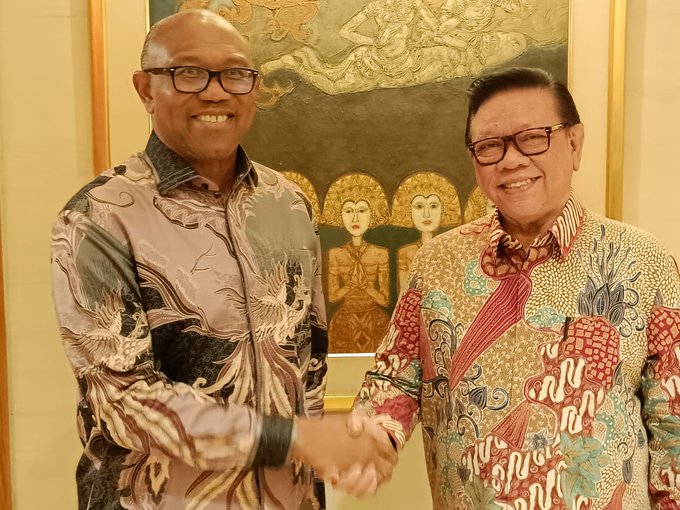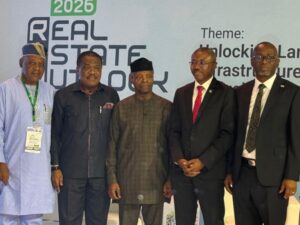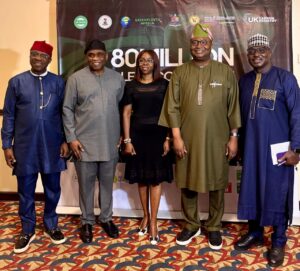Peter Obi visits Indonesia, urges adoption of data-driven policies

Abdullateef Fowewe
The former presidential candidate of the Labour Party, Peter Obi, has disclosed details of his meetings with top government officials of Indonesia, including former Indonesian Minister and Coordinating Minister of the Economy, Agung Laksono, former Vice President Muhammad Jusuf Kalla, and Minister of Villages and Development of Disadvantaged Regions, Yandri Susanto.
Obi called for structured, data-driven policies focused on rural development, industrialisation, and diversification to drive national development in Nigeria.
This was contained in a statement shared on his X (formally Twitter) account on Monday.
It read, “In continuation of the narrative on my Indonesia trip, on Monday 3rd and Tuesday 4th February, I started with perceptive meetings with Agung Laksono, former Minister, former Coordinating Minister of the Economy, and former Presidential Advisory Board member who served under President Susilo Bambang Yudhoyono and Joko Widodo.
“He provided me with valuable insights into the governance strategies of both administrations, detailing the planning, execution, and determination that drove Indonesia’s transformation, with a strong focus on measurable development in critical areas.
“My second session was a meeting with Muhammad Jusuf Kalla, former Vice President of Indonesia, who served under both Susilo Bambang Yudhoyono and Joko Widodo—making him the only Vice President in Indonesia’s history to serve under two different presidents.
“He emphasized that the achievements of both leaders were made possible through a focused commitment approach, and decisive leadership, ensuring simultaneous development across all sectors.
“My third session was with Yandri Susanto, the Minister of Villages and Development of Disadvantaged Regions, who detailed how, under President Joko Widodo, the ministry has made remarkable strides in advancing rural development by focusing on education, healthcare, and support for micro and small businesses within the villages.
“With a structured approach—ranging from extremely underdeveloped to self-sufficient villages—the ministry ensures targeted progress. Its leadership framework, involving municipal and traditional heads, plays a crucial role in effective governance.
“By adopting structured, data-driven policies focused on rural development, industrialization, and diversification, Nigeria can achieve inclusive and sustainable growth. With political will and strategic execution, we can unlock our full potential and ensure no region is left behind.”




